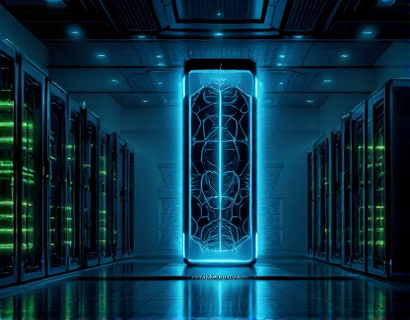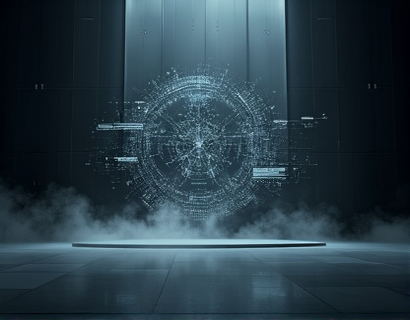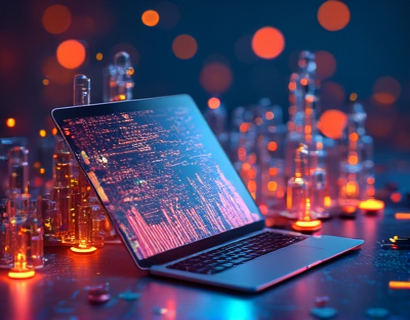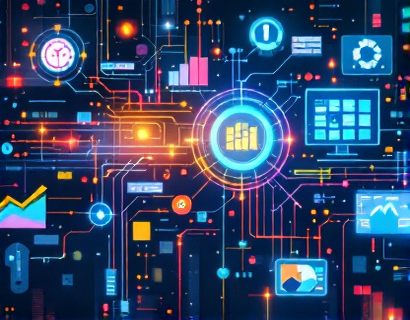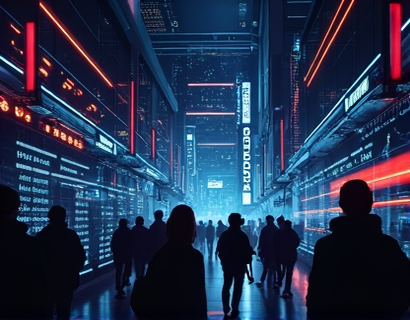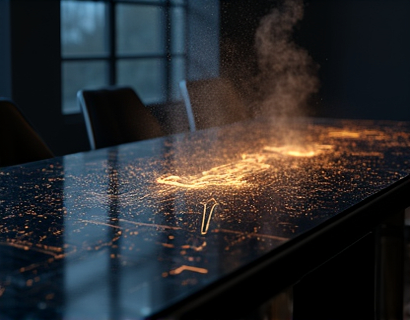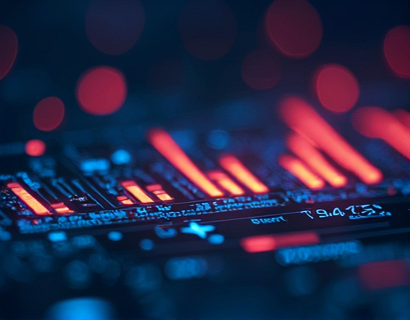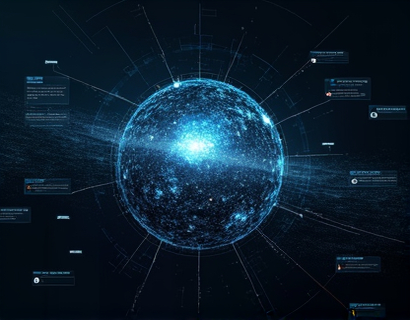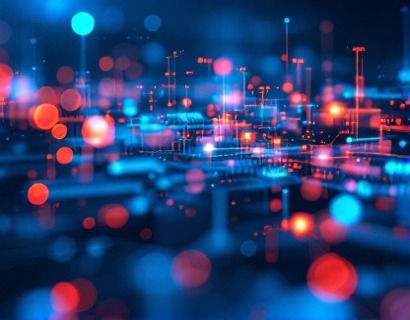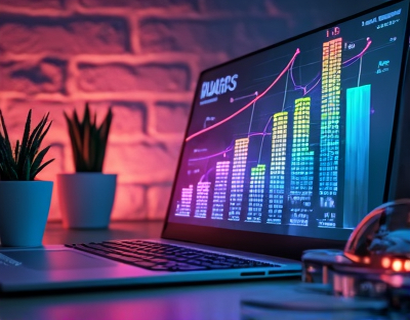Unlock Fencing Mastery: Expert Insights, Training, and Community Support with AI
In the world of fencing, a sport steeped in history and technique, mastering the art requires more than just physical prowess. It demands a deep understanding of strategies, an acute sense of timing, and the ability to adapt to ever-evolving trends. For fencing enthusiasts and players, the journey to mastery is both challenging and rewarding. In this digital age, leveraging AI technology can significantly enhance this journey by providing expert insights, personalized training, and a supportive community. This article explores how an AI-powered platform can elevate your fencing experience, offering a comprehensive approach to skill development and community engagement.
Expert Insights Through AI
One of the most valuable resources for fencing players is access to expert insights. Experienced coaches and former champions possess a wealth of knowledge that can accelerate a player's development. However, finding the time to consult with these experts can be challenging. An AI-powered platform can bridge this gap by offering curated content from top fencing authorities. This content can include video tutorials, written guides, and interactive sessions that cover various aspects of the sport, from basic techniques to advanced strategies.
The AI can analyze vast amounts of data to identify the most effective training methods and tactical approaches. For instance, it can break down match recordings to highlight key moments and provide detailed analysis on what worked and what didn't. This level of detailed feedback is typically only available to players working with high-level coaches, making it an invaluable resource for those looking to improve their game.
Personalized Training Programs
Every fencer is unique, with different strengths, weaknesses, and learning styles. An AI-powered platform can create personalized training programs tailored to individual needs. By inputting data such as skill level, preferred techniques, and specific areas for improvement, the AI can generate a customized training plan. This plan can include a mix of drills, sparring sessions, and theoretical studies, ensuring a balanced approach to development.
The AI can also track progress over time, adjusting the training plan as needed. For example, if a player is excelling in footwork but struggling with blade control, the AI can increase the focus on exercises that target blade work. This adaptive approach ensures that players are always challenged and improving, preventing plateaus and keeping the training engaging.
Community Support and Engagement
Fencing is not just an individual sport; it thrives on a strong community of enthusiasts and players. An AI-powered platform can foster this community by providing a space for users to connect, share experiences, and support each other. Forums, chat rooms, and social features can be integrated to facilitate communication among members.
The AI can play a role in moderating these spaces, ensuring a positive and constructive environment. It can also suggest connections based on shared interests or complementary skill sets, helping players find training partners or mentors. Additionally, the AI can organize virtual events such as Q&A sessions with experts, live sparring demonstrations, and themed discussion groups, further enriching the community experience.
Staying Updated on the Latest Trends
The world of fencing is constantly evolving, with new techniques, equipment, and rules being introduced. Staying updated on these changes is crucial for maintaining a competitive edge. An AI-powered platform can serve as a central hub for the latest news and trends in the sport.
The AI can curate news articles, research papers, and official announceances from governing bodies, ensuring that users are informed about the most recent developments. It can also provide summaries and analyses of these updates, helping players understand the implications for their own training and competition strategies. For instance, if new equipment regulations are introduced, the AI can explain how these changes might affect blade choice and fighting style.
Enhancing Skill Through Interactive Tools
Interactive tools powered by AI can significantly enhance the learning experience. Virtual reality (VR) and augmented reality (AR) technologies, when integrated with AI, can create immersive training environments. Players can practice complex scenarios in a controlled setting, receiving real-time feedback on their performance.
For example, an AR application could overlay digital opponents onto a real-world training space, allowing players to spar against virtual adversaries with varying skill levels. The AI can adjust the difficulty based on the player's performance, providing a challenging yet manageable experience. This not only improves technical skills but also builds mental toughness and decision-making abilities.
Data-Driven Performance Analysis
Data analysis is a critical component of modern sports training, and fencing is no exception. An AI-powered platform can collect and analyze data from various sources, including training sessions, matches, and even wearable devices that track physical metrics such as heart rate and movement patterns.
By processing this data, the AI can identify patterns and trends that might not be immediately obvious to the player or coach. For instance, it can highlight moments in a match where a player's reaction time was slower than usual or detect inefficiencies in movement that could be optimized. This data-driven approach allows for more precise and effective training, leading to tangible improvements in performance.
Building Confidence Through Positive Reinforcement
Confidence is a key factor in a fencer's success, and an AI-powered platform can play a role in building and maintaining it. By providing positive reinforcement and recognizing achievements, the AI can boost a player's self-esteem and motivation.
For example, the AI can keep a record of milestones achieved, such as completing a challenging drill or winning a local tournament. It can send congratulatory messages and highlight these accomplishments in a user-friendly dashboard. This constant positive feedback helps players stay motivated and focused on their goals.
Overcoming Language Barriers
Fencing is a global sport, with players and enthusiasts from diverse linguistic backgrounds. An AI-powered platform can break down language barriers by offering content and communication tools in multiple languages. This ensures that language is not a hindrance to accessing valuable resources and engaging with the community.
The AI can translate text, facilitate real-time language translation in chat rooms, and even provide voice translation for video calls. This inclusivity makes the platform accessible to a wider audience, fostering a truly global community of fencing lovers.
Conclusion
In conclusion, an AI-powered platform can revolutionize the way fencing players approach their craft. By providing expert insights, personalized training, community support, and access to the latest trends, such a platform offers a comprehensive solution for those looking to master the sport. Whether you are a beginner eager to learn the basics or an experienced fencer aiming to refine your techniques, an AI-driven approach can significantly enhance your fencing journey. Embrace the future of fencing training and connect with a vibrant community of like-minded individuals to elevate your skills and passion for this noble sport.



